
9 Quick Tips to Relieve Nighttime Calf Cramps While Sleeping
9 Quick Tips to Relieve Nighttime Calf Cramps While Sleeping
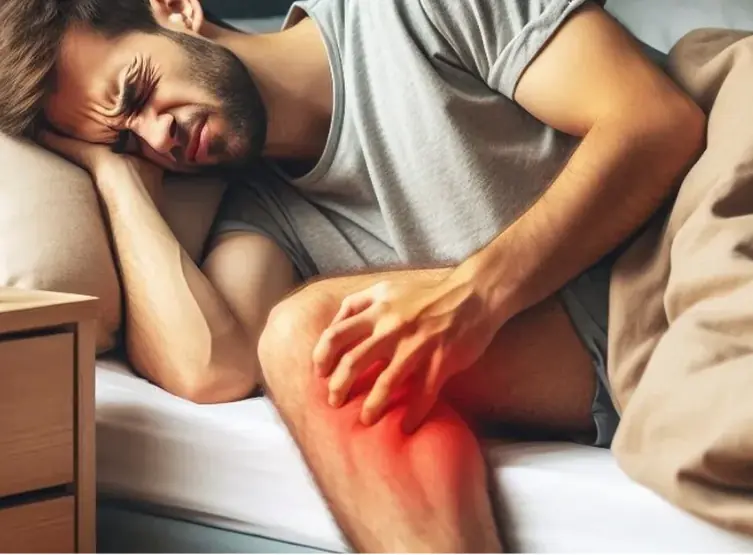
Waking up in the middle of the night with a sudden, intense calf cramp can be a painful and frustrating experience. These involuntary muscle contractions, also known as nocturnal leg cramps, can disrupt sleep and leave lingering soreness. Fortunately, there are several effective ways to prevent and relieve them. Here are nine quick tips to help you manage and reduce nighttime calf cramps.
1. Stay Hydrated
Dehydration is one of the leading causes of muscle cramps. Ensure you drink enough water throughout the day to keep your muscles properly hydrated. Electrolyte-rich drinks, like coconut water or sports drinks, can also help balance essential minerals.
2. Stretch Before Bed
Gentle stretching before sleeping can help relax your calf muscles and prevent cramps. Try a simple calf stretch: stand facing a wall, place one foot behind the other, and press your heel into the ground while leaning forward.
3. Massage Your Calves
Massaging your calves before bed can improve blood circulation and reduce muscle tightness. Use a foam roller or your hands to gently knead the muscles.
4. Apply Heat or Cold Therapy
A warm compress or heating pad can help relax tense muscles before bed. If a cramp occurs, applying an ice pack can help reduce inflammation and soothe soreness.
5. Improve Your Diet
Nutritional deficiencies, particularly in potassium, magnesium, and calcium, can trigger cramps. Incorporate bananas, leafy greens, nuts, and dairy products into your diet to maintain proper muscle function.
6. Adjust Your Sleeping Position
Certain sleeping positions may increase the likelihood of leg cramps. Sleeping with your toes pointing downward can put strain on your calf muscles. Instead, try keeping your feet in a neutral position or slightly elevated.
7. Wear Comfortable Footwear
Poorly fitting shoes or high heels can strain your calf muscles during the day, making cramps more likely at night. Choose supportive footwear with proper arch support to reduce stress on your legs.
8. Take Magnesium Supplements
If you frequently experience cramps, magnesium supplements may help relax your muscles. However, consult your doctor before starting any new supplement regimen.
9. Move Your Legs Before Bed
Light exercises, such as walking in place or doing ankle circles, can promote blood flow and loosen up your calf muscles, reducing the risk of cramps.
Final Thoughts
Nighttime calf cramps can be painful, but with the right strategies, they can be managed and prevented. By staying hydrated, stretching, improving your diet, and making small lifestyle adjustments, you can enjoy more restful, cramp-free nights. If your cramps persist frequently, consult a healthcare professional to rule out any underlying conditions.
News in the same category

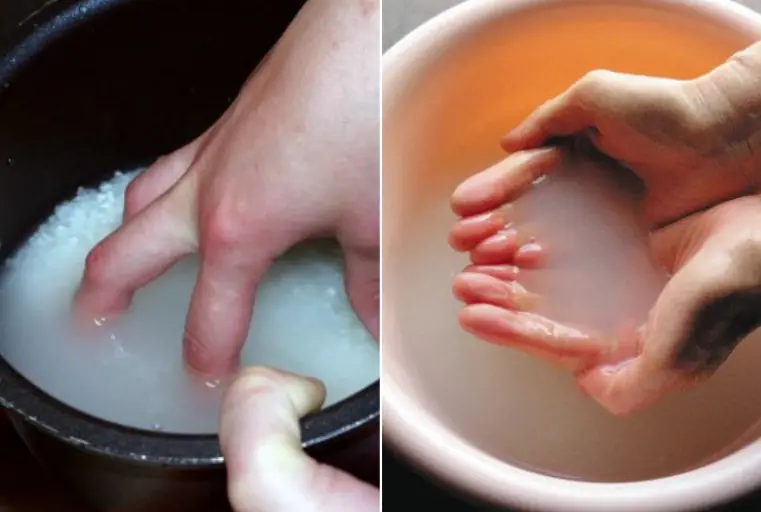
Stop Wasting Rice Water!

90% of People Are Setting Their Fridge Temperature Wrong

9 Quick Tips to Relieve Nighttime Calf Cramps While Sleeping

Distinguish Naturally Ripened Tomatoes
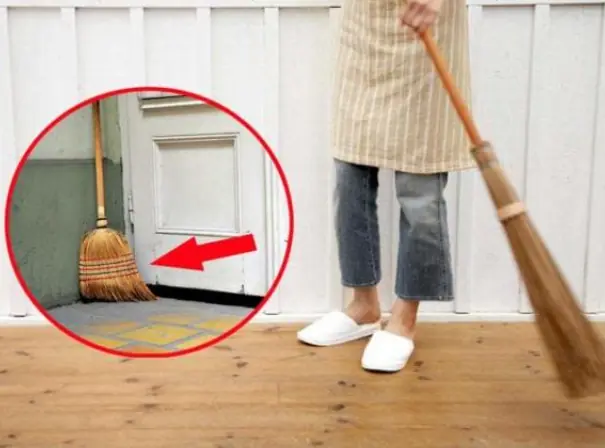
Placing a Broom in These 4 Positions Could Sweep Away Your Wealth

Add One More Spice When Simmering Pork

Burying Garlic in a Rice Container: A Brilliant Household Trick Everyone Will Love

3 Sprouted Foods as To.xic as Arsenic—Many People Eat Them Without Knowing the Risks

Natural Pest Control: Using Hot Red Pepper to Repel Aphids and Snails
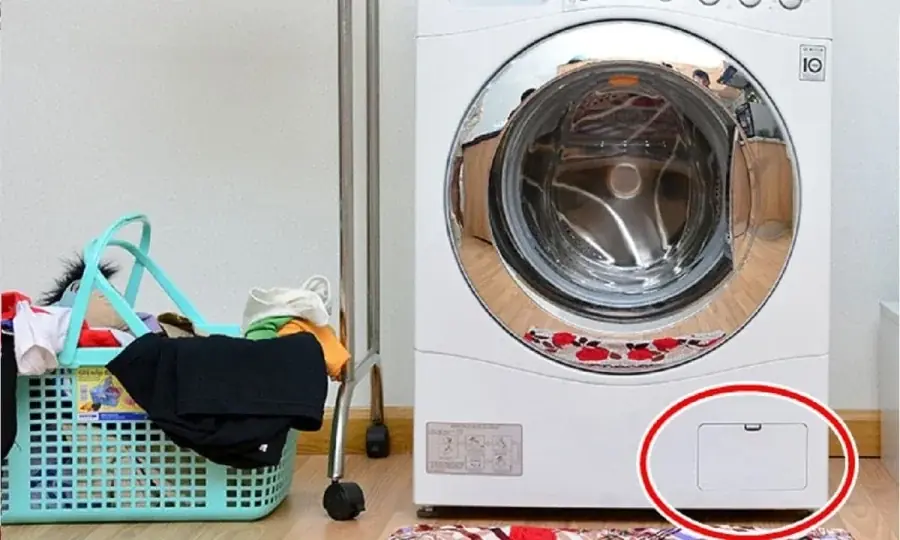
The Hidden Washing Machine Switch: Press It Once to Flush Out Dirt

The Power of Onions: A Natural Boost for Prostate Health

Should You Wash Eggs Before Storing Them in the Fridge?

Place a Garlic Bulb at the Head of Your Bed: Its 'Golden' Benefits Will Make Anyone Who Reads This Want to Try It

Clean Your Pillow Filling

7 Simple Yet Powerful Benefits of Drinking Cloves

Why should you add 1 teaspoon of coconut oil when cooking rice?

If your wooden door is infested with termites, just mix this and pour it in. The wooden furniture will still be beautiful after 10 years

These Aloe Vera Face Masks Will Beat Your Acne Pimples In No Time

How to Grow Pumpkins Successfully: Best Watering and Fertilization Tips
News Post
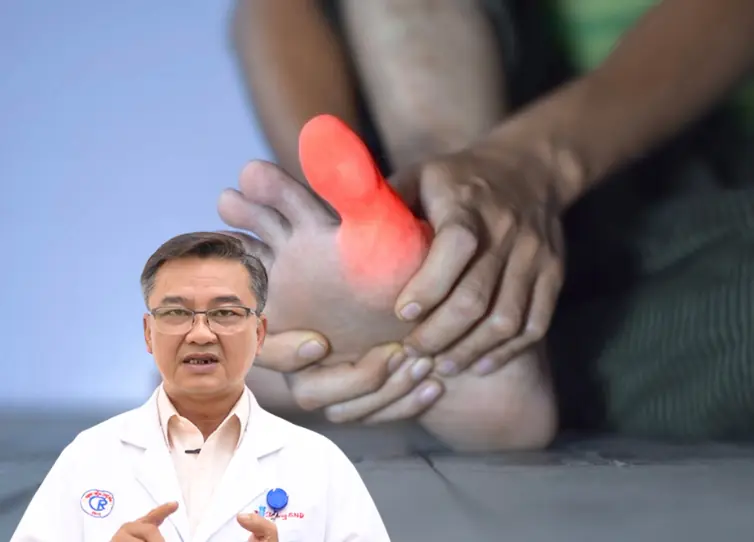
7 Kidney Warning Signs You Must Not Ignore

New Coronavirus Strain Found in Bats in China Could Potentially Infect Humans

New Research Suggests That All C.a.n.c.e.r.s Are Linked To A Single Protein
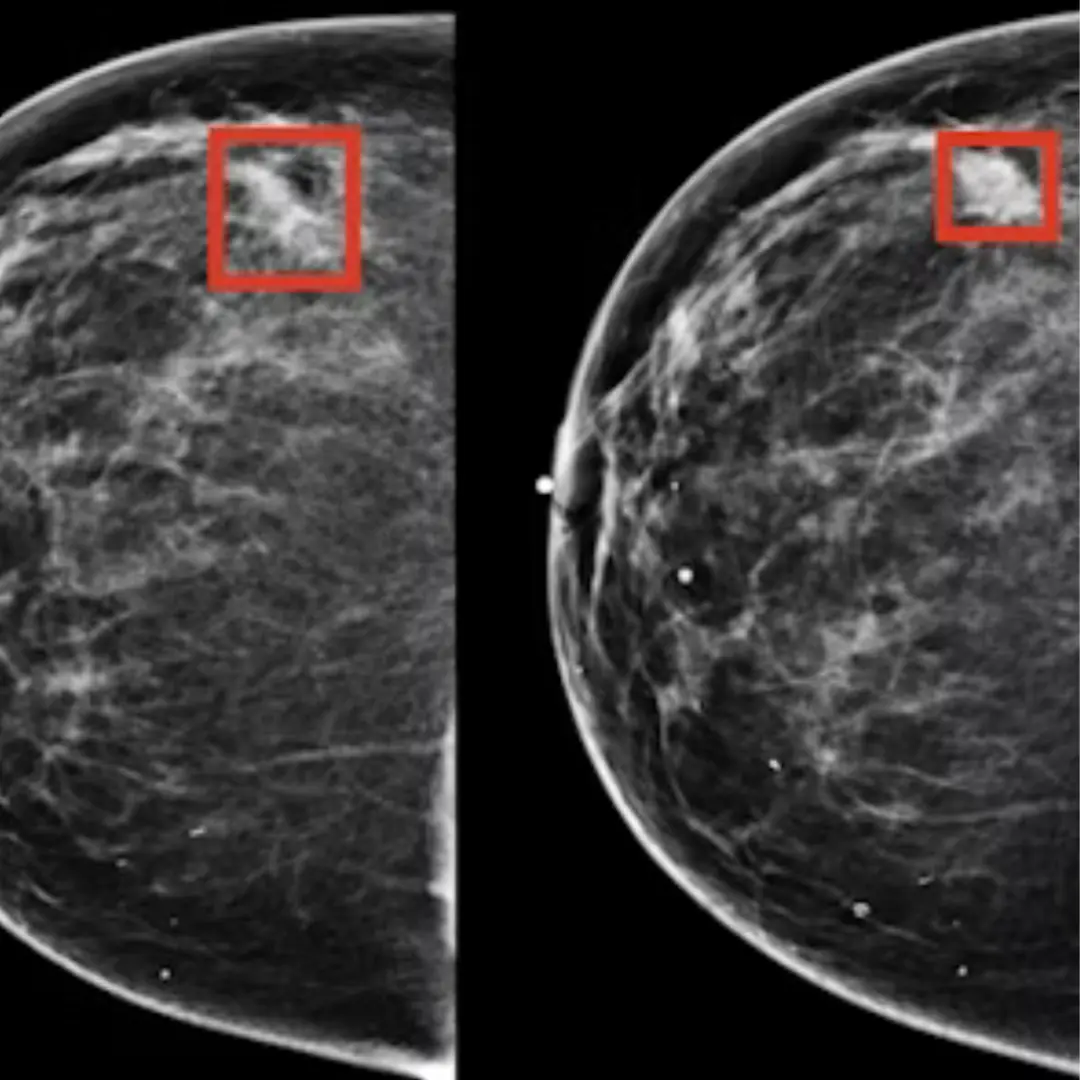
A new artificial intelligence can detect b r e a s t c a n c e r 5 years before it develops

Stop Wasting Rice Water!

The Hidden Dangers in Leftovers

90% of People Are Setting Their Fridge Temperature Wrong

A Big Belly Isn’t Always Just Fat

Only girl can understand🤣

Can you spot the robber in 5 seconds?

How many bears are there in the picture?

5 Best Teas for Diabetics
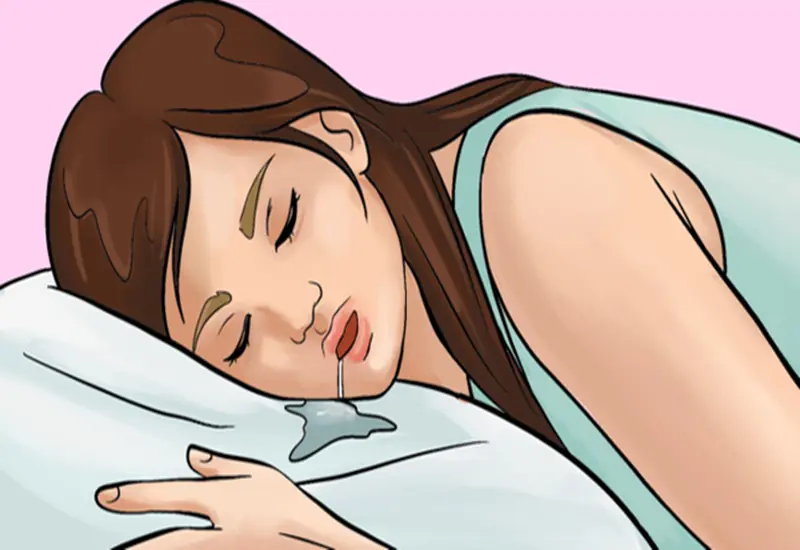
Drooling in Your Sleep? Watch Out for These 6 Dangerous Diseases!

Kidney disease can cause lasting damage

These Four Groups Should Avoid Garlic

Distinguish Naturally Ripened Tomatoes

Placing a Broom in These 4 Positions Could Sweep Away Your Wealth

A beautiful woman is hiding somewhere among the rose petals
